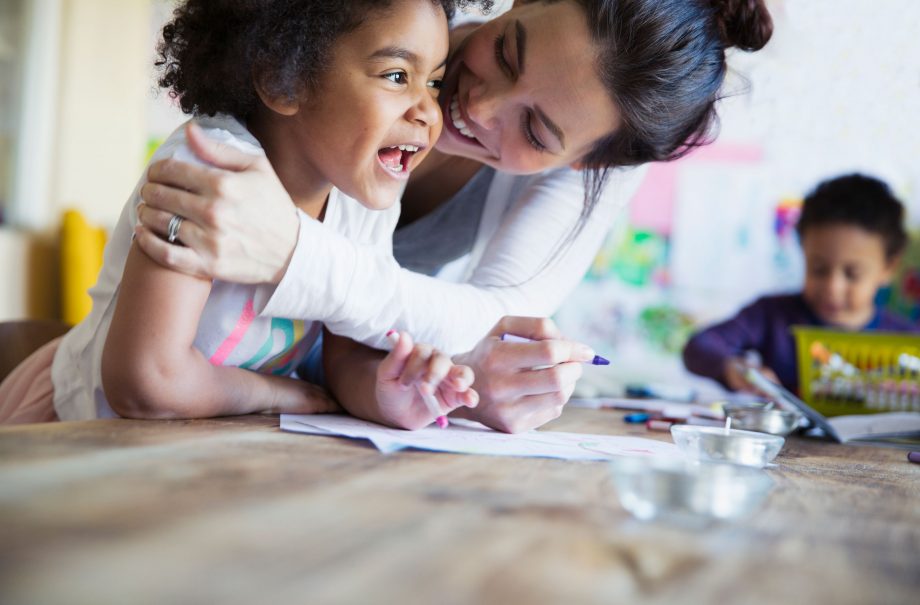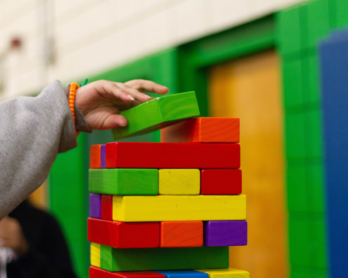While all parents want their kids to have friends and become independent, this independence can also come at the price of your child’s safety and security at times. However, if you’re careful about how you teach your children and the amount of independence you allow at certain ages, you may be able to help keep your children safe even when they’re not physically with you.
So to help you to be able to relax a little while your little ones are under the care of another parent, here are three things you should teach your kids about staying safe when they’re playing at a friend’s house to avoid getting physically hurt or emotionally damaged.
Set Rules About Being One-On-One With Others
When your child is at someone else’s home, you have to trust that you’ve taught him or her how to keep themselves safe around others. By setting rules for your child, you can help ensure that your child knows what is appropriate and what isn’t.
According to Katherine Lee, a contributor to Very Well Family, you should tell your children at what age they’re allowed to be left unsupervised. When you have this age set, make sure the parents of your child’s friend also know these rules so your child doesn’t get left alone.
In addition to this, you should also tell your child that he or she shouldn’t be alone in a room with their friend’s parents or older siblings, as they could get into a situation that could become dangerous for your child’s physical safety.
Call To Ask Permission Before Doing Or Viewing Anything New
With different families, their ideas of what is age-appropriate might be very different than yours. Because of this, your kids might be exposed to things at their friend’s house that you wouldn’t normally want to show them.
To keep this from happening, Lisa Appelo, a contributor to imom.com, suggests that you create a rule that your kids should call you to ask permission before doing anything or viewing anything that would be new to them. By doing this, you can let your kids know if the activity or content they’ll be exposed to is something that you’re okay with and is safe for them.
Create A Code Word Or Phrase For Emergencies
If something does come up while your child is at a friend’s house, it can be scary or embarrassing for them to call you and tell you exactly what happened and get you to come and get them.
To simplify this, Tania Connolly, a contributor to EssentialKids.com.au, recommends that you and your child come up with a code word or phrase that will signal to you that your child wants you to come and get them without them having to explicitly say this.
To help you feel better about the time your kids spend outside of your home, consider using the tips mentioned above to help teach them what’s going to be safe for them when at a friend’s house.
To read more on topics like this, check out the lifestyle category.












